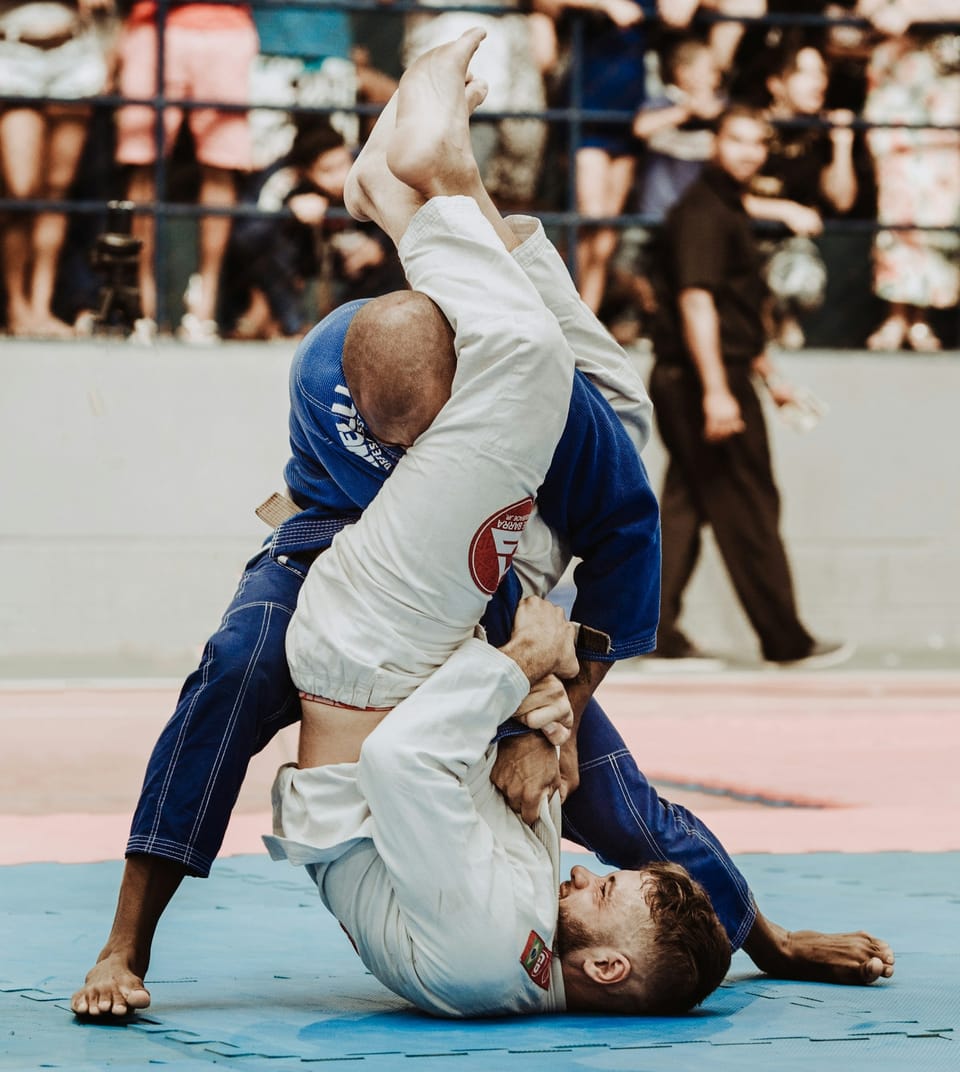Things I Wish I Had Learned Earlier in Brazilian Jiu-Jitsu

Brazilian Jiu-Jitsu (BJJ) is a journey of constant learning, refinement, and discovery. Looking back, there are several key principles that would have made my progress much smoother had I grasped them earlier. If you’re just starting out or even if you’re an experienced practitioner, these insights might help you refine your game and avoid common mistakes.
1. Slow is Fast
One of the biggest lessons I’ve learned is that slowing down actually makes you more efficient. When you roll too fast, you often miss openings, waste energy, and make mistakes. By consciously moving slower, you can read your opponent better, anticipate their reactions, and set up submissions much more easily. Instead of rushing into a position, take your time to secure control, apply pressure, and execute your techniques with precision.
2. Strength vs. Endurance
Yes, strength and size play a role in BJJ, but what really matters is endurance. A match is like a battle of gas tanks—whoever burns out first is at a disadvantage. If your opponent is pacing themselves efficiently (like being in "eco mode"), and you’re burning through energy too quickly, you’re going to tire out and lose exchanges. Learning how to conserve energy, breathe properly, and stay composed under pressure is far more important than just being strong.
3. Always Maintain Pressure
If you're a lighter grappler like me, maintaining pressure is key. It might seem like common sense, but when you’re rolling, every bit of pressure you give up makes it easier for your opponent to escape or reverse you. Whether you're in half guard or side control, let them feel your weight. Instead of posturing up too much, sink into them, control their movements, and use underhooks or another form of control to keep them in place. One of the best ways to maintain control is to use your arm under their head and another under their underarm—this prevents them from escaping and keeps them stuck where you want them.
4. Grip Wisely
One of the most common mistakes in BJJ is overusing your grip. It might feel natural to squeeze hard and hold onto everything, but that will only lead to unnecessary fatigue. Your grip should be a tool, not a crutch. Instead of relying on it constantly, use it as a backup for defense or to set up submissions. When rolling, think about conserving your grip strength for key moments rather than burning out early in a match.
5. Guillotine Choke Mechanics
When applying a guillotine choke, one simple trick makes all the difference—pull your elbows into the sides of your torso. This tightens the choke significantly and makes it harder for your opponent to escape. Instead of just pulling up with your arms, compressing your elbows inward creates more pressure on the neck and increases the efficiency of the choke. Small details like this can take your submissions to the next level.
Final Thoughts
BJJ is a marathon, not a sprint. The more you focus on control, efficiency, and strategic movement, the better your game will become. By slowing down, managing your endurance, maintaining pressure, using your grip wisely, and refining your submissions, you can roll smarter, not harder. If I had internalized these lessons earlier, my journey would have been a lot smoother. Hopefully, these insights help you refine your approach and make progress faster than I did.
Member discussion